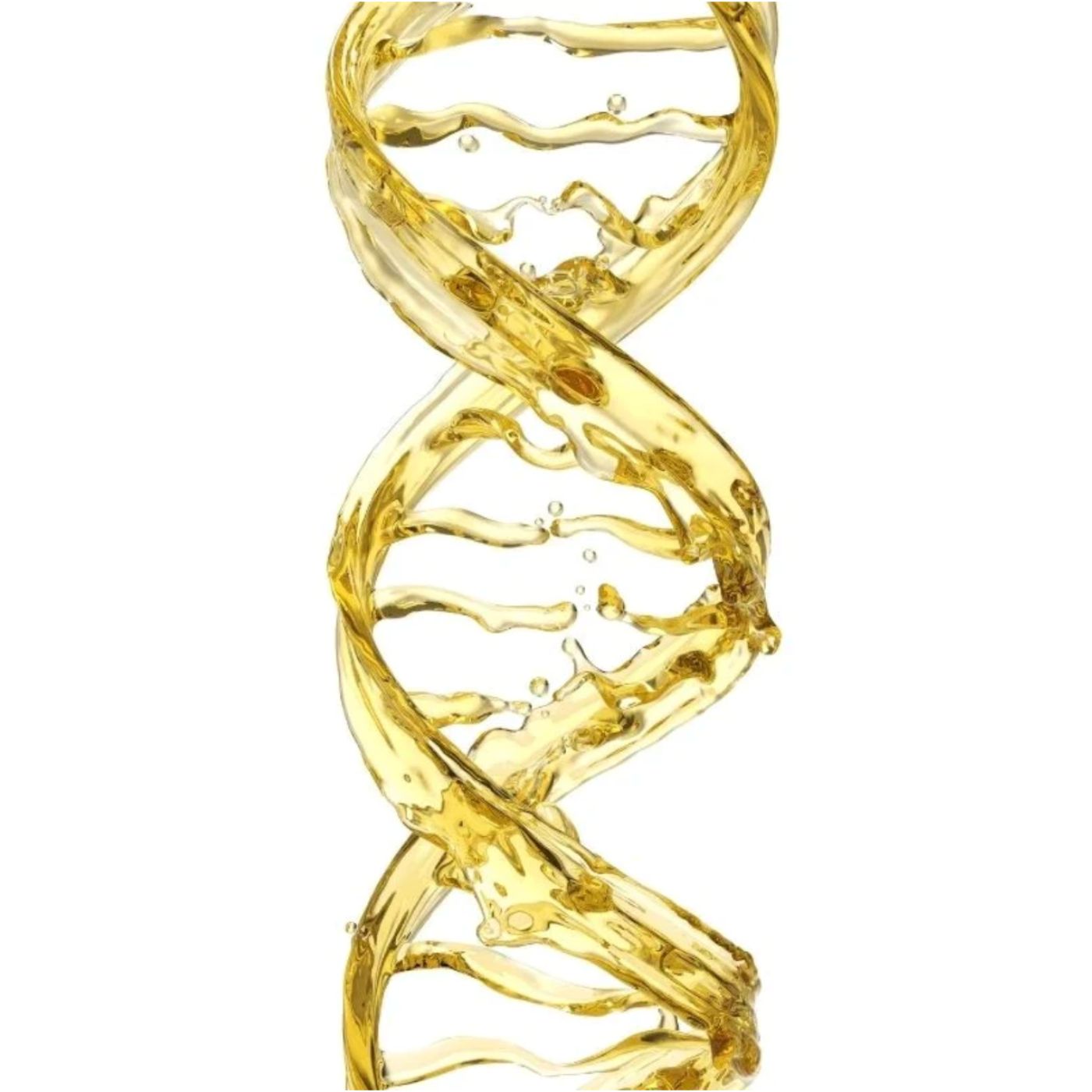
Collagen is the protein behind pretty much everything holding you up, from bones, skin and muscle. It supports us from within, making up 40% of our body composition and keeps us supple and bouncy. Sounds fun right? Unfortunately, it starts to decrease with age, starting as early as your mid-twenties resulting in wrinkles, sagging and loose skin.
Don’t despair - there are plenty of things you can start doing, like right now, to rev up collagen production, as well as certain things you should stop doing, that are known for damaging your collagen.
Top 3 skincare items to protect and boost your collagen production.
1. Bakuchiol (the natural retinol alternative)
Now don’t be fooled into thinking that because bakuchiol is all-natural, that it is any less potent and effective than retinol.
While it doesn’t have the same make-up as retinol (it doesn’t come from vitamin A) studies have revealed bakuchiol’s effect on the skin is remarkably similar - it has been shown to act on the same genes in the skin to stimulate collagen production and increase cell turnover, therefore diminishing signs of aging such as fine lines, wrinkles, skin laxity, and overall photodamage, as well as helping to treat acne.
But the important part is - studies have also indicated bakuchiol has less to none of the side effects seen from the use of retinol, such as redness, irritation, flaky skin or increased sensitivity to the sun.
Our Bounce Booster Serum is one of the highest percentages of bakuchiol on the market - just a single drop added to your skincare routine is all you need daily!
2. Vitamin C
The second essential collagen enhancing VIP to invite into your skincare routine, is Vitamin C.
This antioxidant is essential for collagen production and maintenance. Not only does it play a fundamental role in the prevention of photo-ageing, but its potent antioxidant action also reduces inflammation and promotes wound healing.
On top of this, topical antioxidants such as vitamin C can help to protect your skin from oxidative stress that triggers collagen breakdown- think pollution, smoking and sun exposure. By lowering free radicals in the skin directly, vitamin C and other powerful antioxidants help the skin to maintain its elasticity, resilience and collagen levels.
Psst - All our Serums for both oily or acne-prone and dry or mature skin contain high amounts of natural extracts of Davidson Plum, Lilly Pilly and Kakudu Plum, some of the worlds most potent sources of vitamin C.
One giant myth: Applying collagen topically will boost your collagen levels in your skin.
Fact: Collagen molecules are too large to cross into the lower layers of the skin and are of no real use. This means that many of the topical products on the market that contain collagen a most likely to be a waste of money.Top 4 foods and supplements to eat to maintain and boost collagen production
3. Aloe vera supplement
Aloe vera gel has long been used for healing and soothing wounds. The reason it works to treat cuts and burns is that the aloe vera plant increases collagen production when applied topically or even taken orally. According to research, this cell-growth stimulating property can increase collagen production in your skin by up to double when take orally. Aloe can be applied directly to the skin in pure form, or taken as a supplement.
4. Omega fatty acids
Protect the collagen in your skin by consuming a balanced diet that contains protein in the form of fatty fish high in Omega-3 fatty acids and vitamin A (which has an anti-inflammatory effect) and contains antioxidants, both of which scavenge free radicals and prevent loss or degradation of collagen.
5. Ginseng
The anti-aging effects of ginseng are well-documented. Ginseng is absorbed into the skin without causing the adverse reactions that many chemical pharmaceuticals cause, and helps skin keep its original shape. It has also been found to promote the growth of collagen. Studies have shown ginseng’s ability to preserve skin against UVB ray damage from the sun. The antioxidants that are released into your bloodstream when you take a ginseng supplement or drink tea that contains ginseng can protect healthy cells and contribute to glowing skin.
6. Collagen supplements
Not any old collagen supplement will do the trick here. The key is to look for a high-quality hydrolysed bovine collagen (obviously not an option if you’re vegetarian or vegan!)
Your body can only absorb the smaller collagen fragments, namely peptides and amino acids, that are easily absorbed by the small intestine and distributed throughout the body via the bloodstream, where they remain for up to 14 days.
When researching a collagen supplement, you can also look out for other nutrients, for example, lysine, which increases calcium thereby helping form collagen, MSM (methylsulfonylmethane), which is an organic form of sulphur that stimulates collagen and keratin, plus antioxidant vitamin C, which is essential for collagen production.
A bit of a downer: Another myth surrounding collagen is the practice of adding collagen to a morning cup of coffee, so it serves as a supplement. However, research has found that caffeine actually has a negative effect on the aging process of the skin. This could mean that the collagen added to a cup of coffee may simply minimize the damage caused by the caffeine.
Experts recommend avoiding consuming caffeinated drinks an hour either side of a collagen supplement.
Want more ideas on eating your way to healthy, glowing skin? Read our Top 12 Foods For Healthy Skin
Top 2 lifestyle changes to boost and maintain your collagen production
7. Sun protection
This is one preventative measure that all experts agree on - protect your skin from sun damage.
Skin cells are always in a cycle of being created and destroyed. However, there are some factors, sun exposure that will speed up this process. The damaged cells have to be replaced, which reduces collagen levels even more.
Protect your skin while outdoors with the use of a hat, sunglasses and a zinc-based sunscreen.8. Get a bit sweaty… and then, chill out.
Exercise, and especially resistance training, has been found to boost collagen levels through growth hormone and fibroblast activity, resulting in healthier, thicker skin.
Me time plays an important role, too.
Reduce stress where you can and work on improving sleep quality, as this helps to prevent excessive cortisol levels, which can contribute to decreased collagen stability. The amino acid glycine, part of the protein that makes up collagen, can promote restful sleep and calm the nervous system.
Need some tips on better sleep? Check out our blog Sleeping Better For Glowing Skin